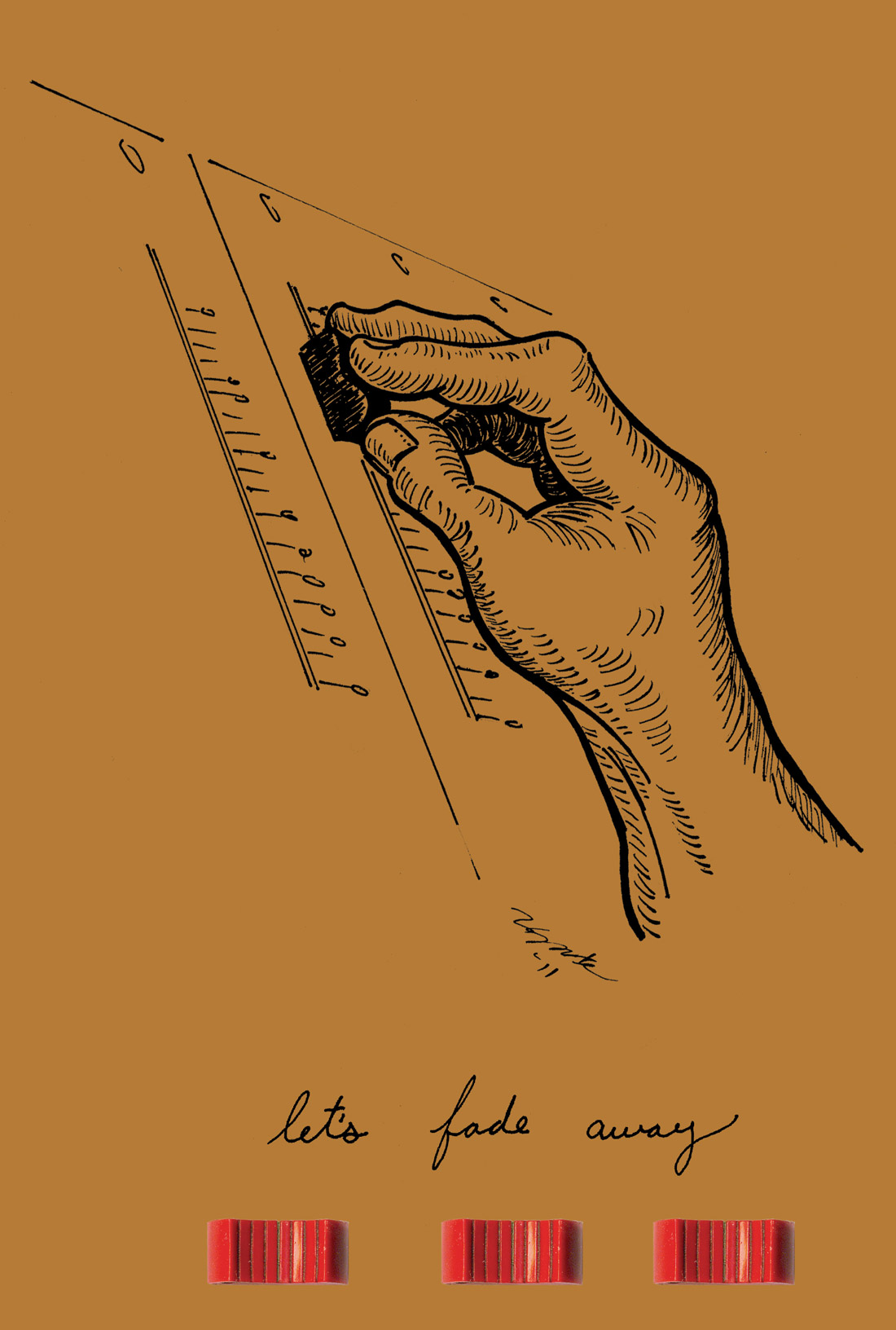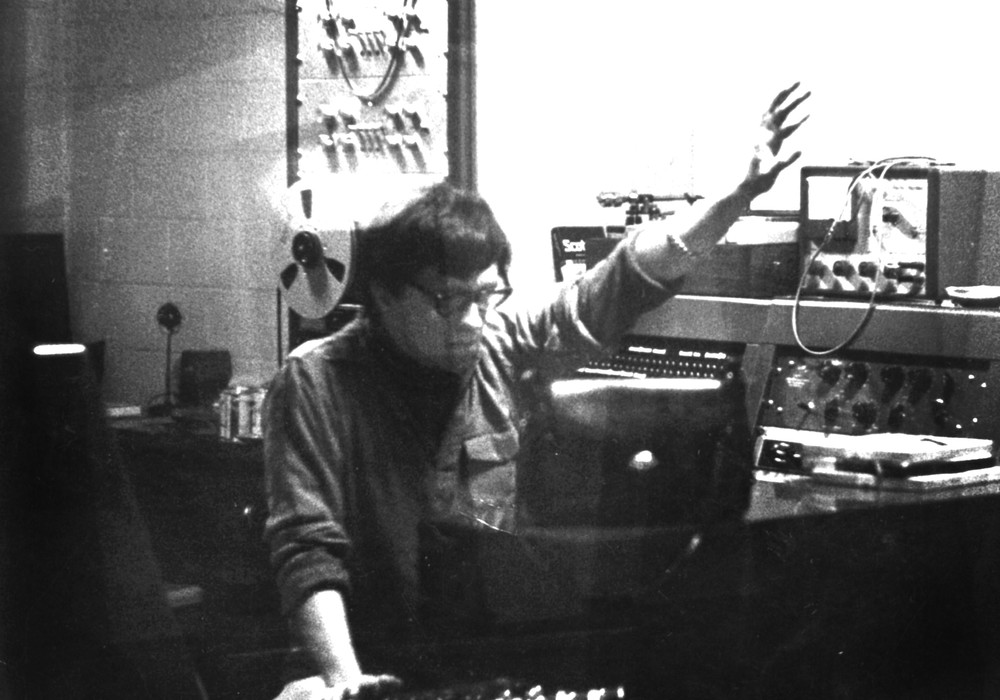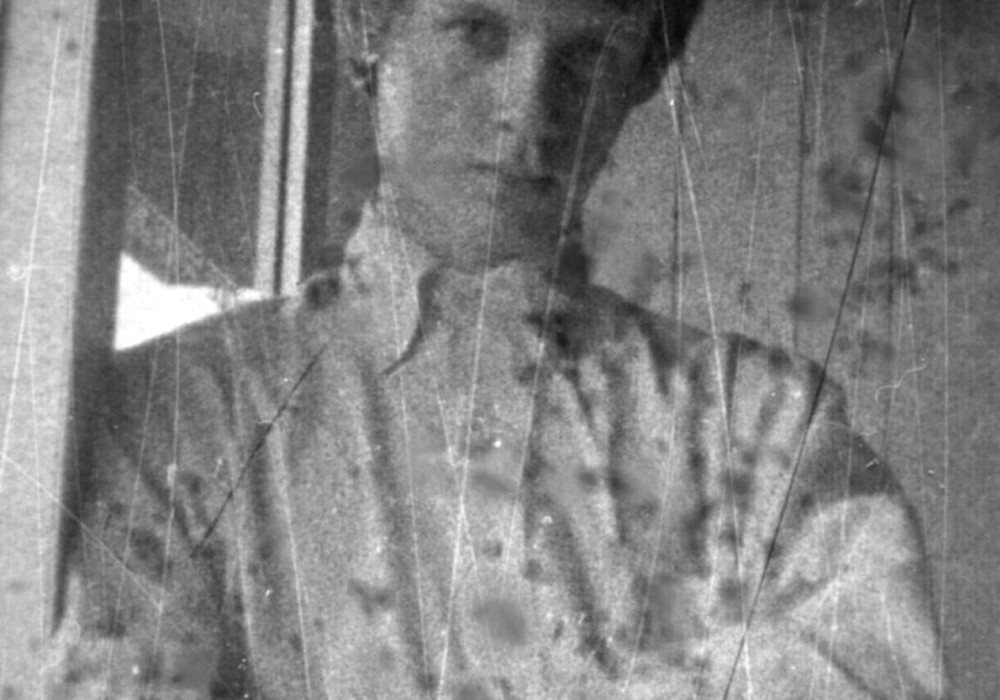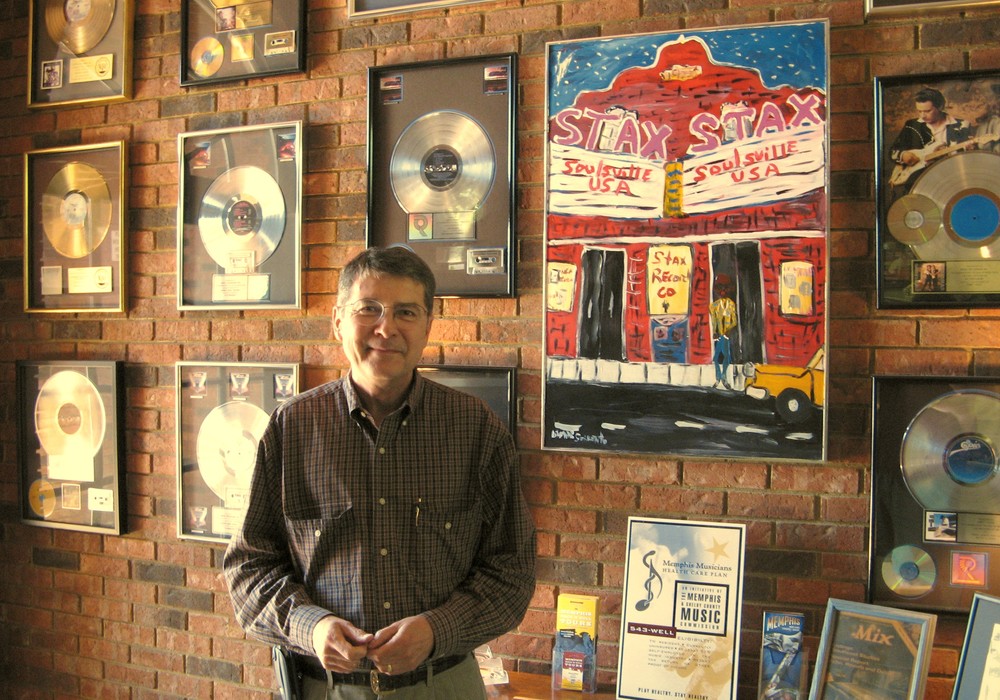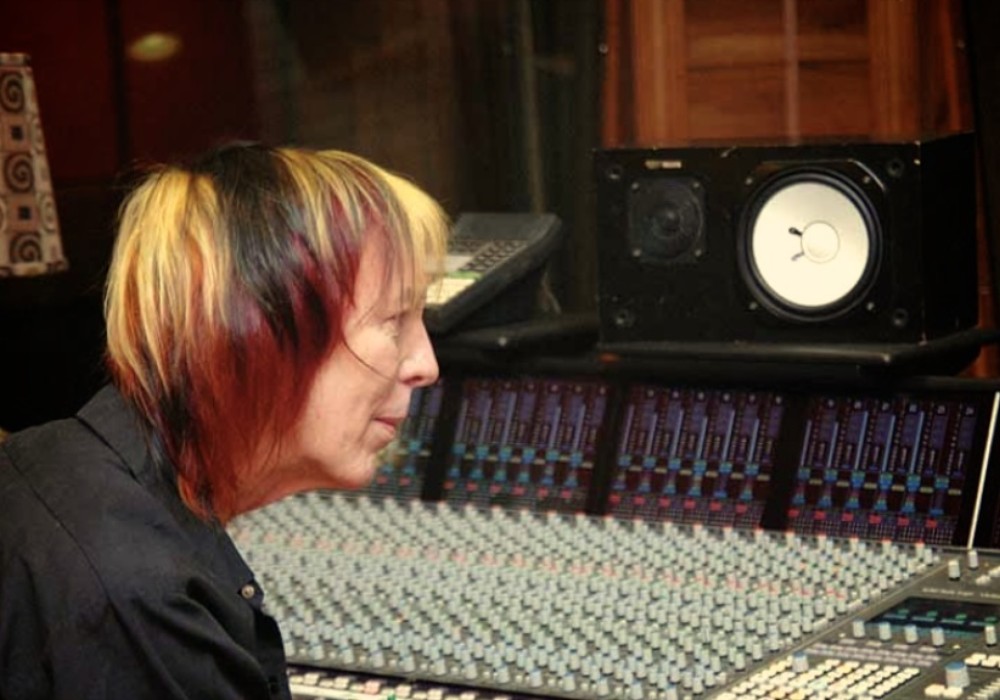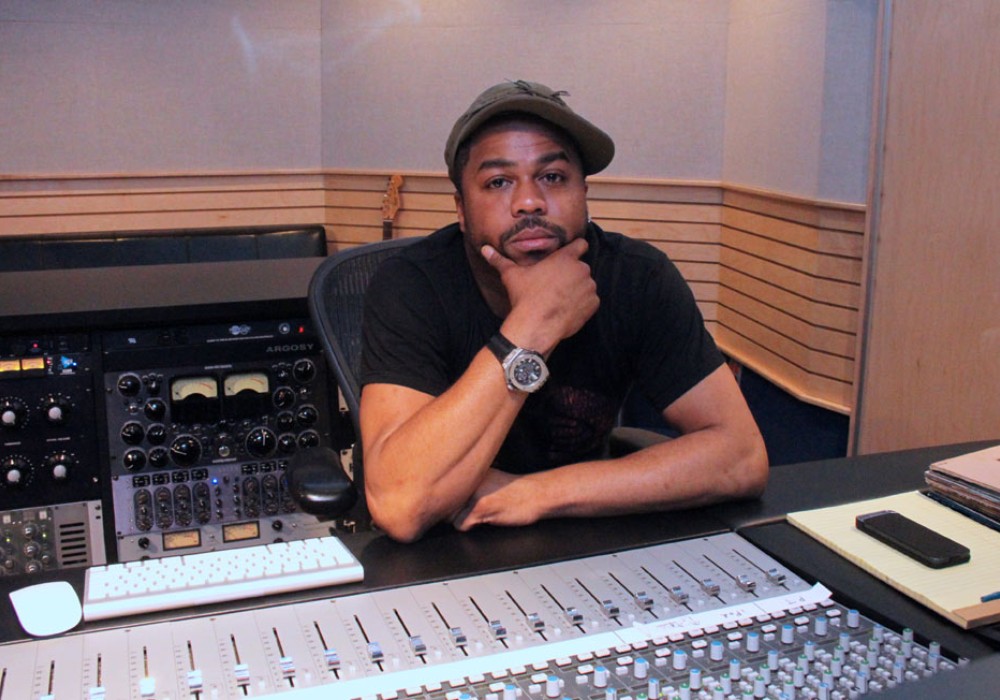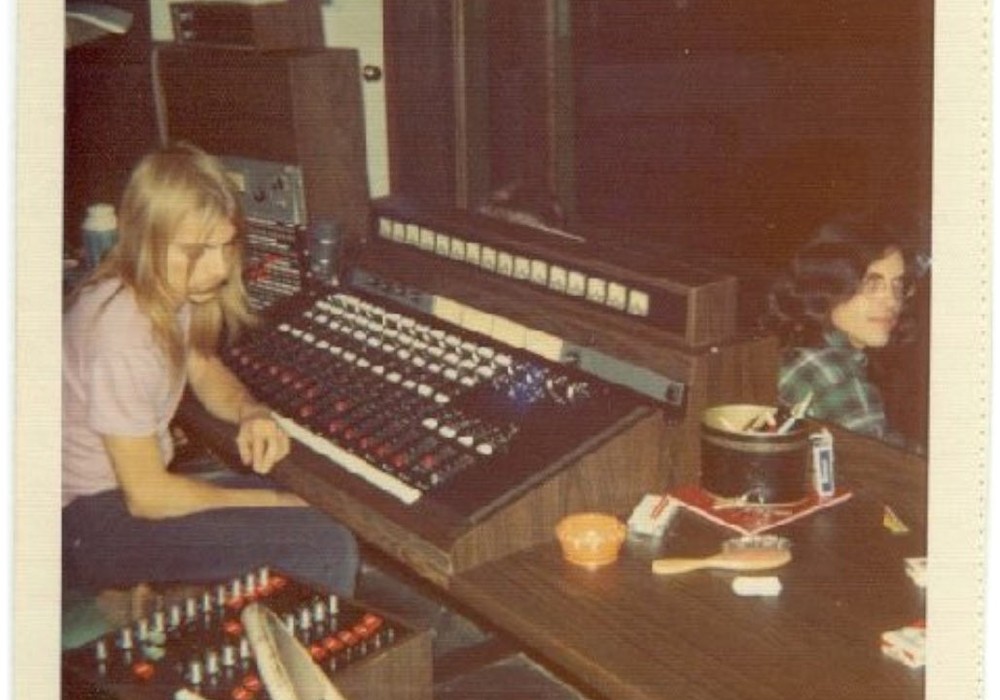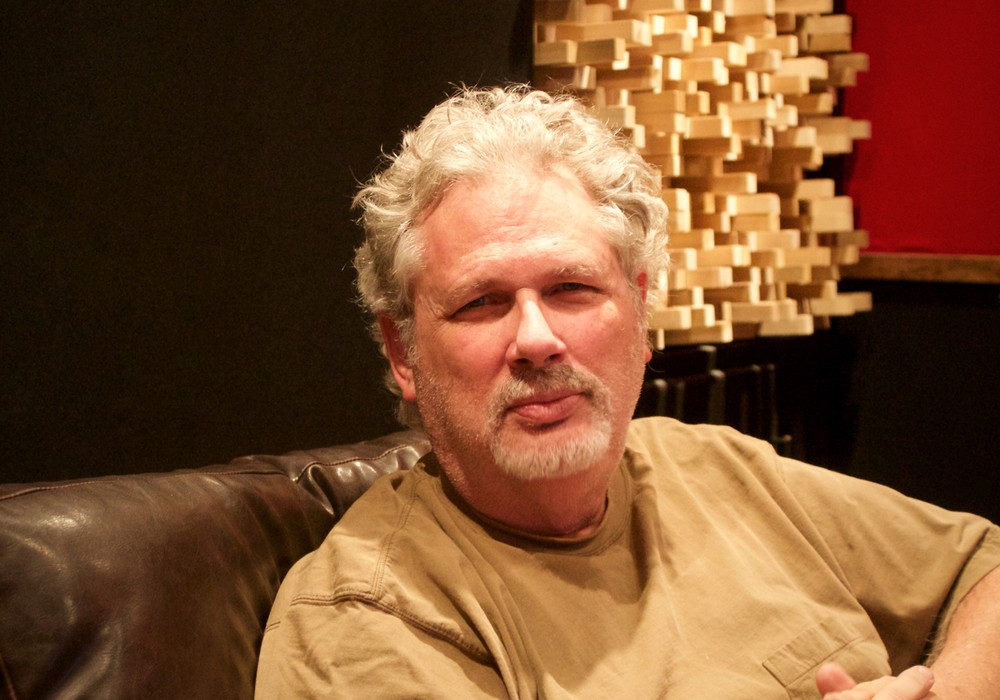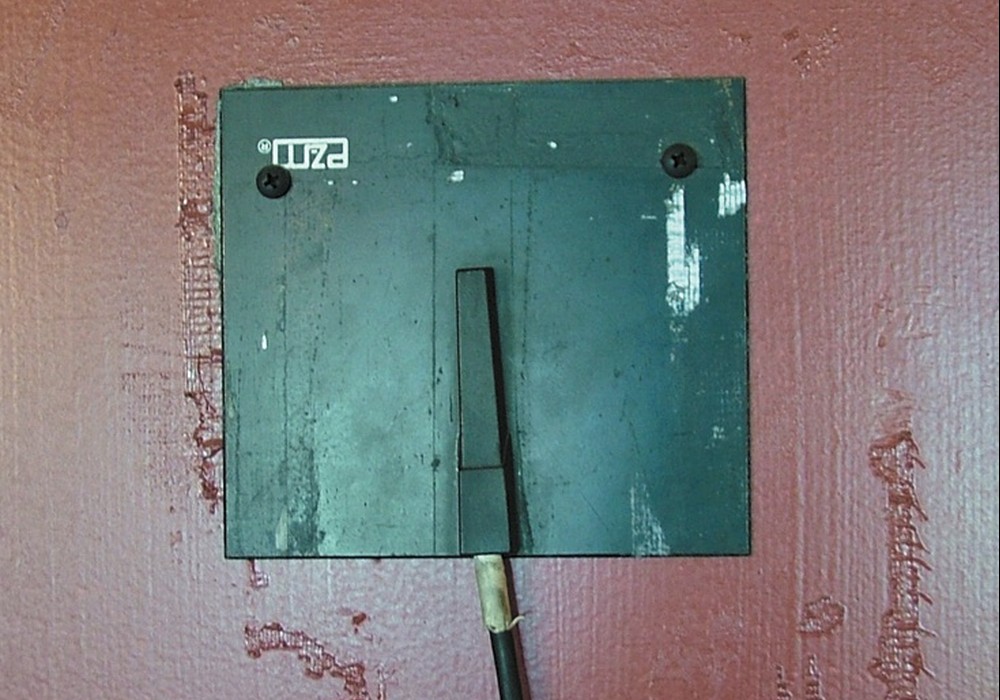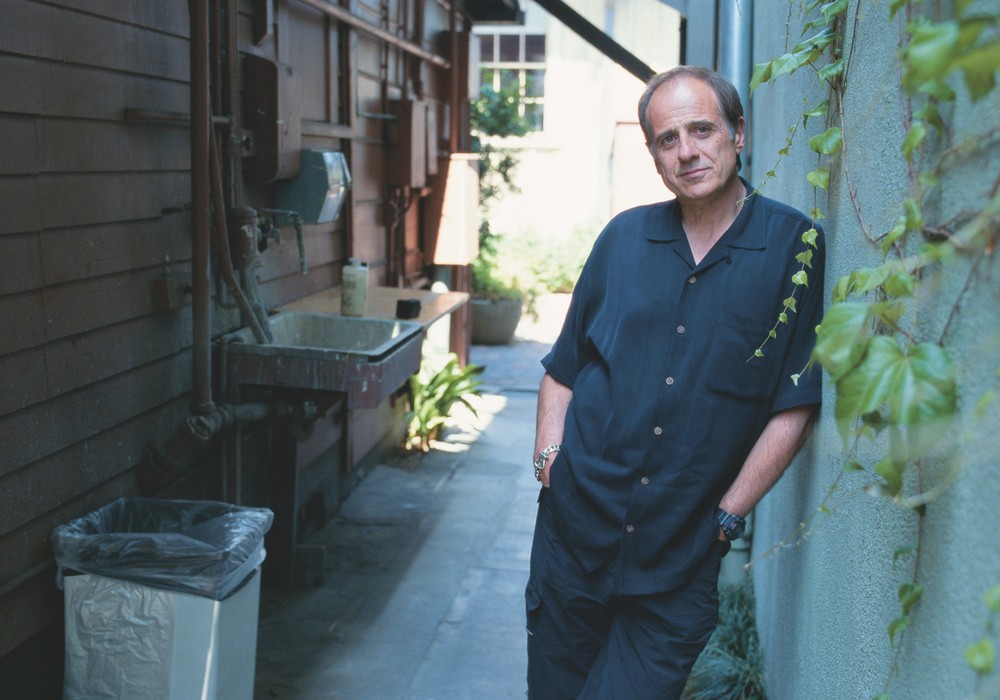Neil Brockbank is part of a dying breed of true pros. For the past several years he has been traveling with celebrated songsmith Nick Lowe on Lowe's solo tours, tirelessly wearing the hats of driver, guitar tech, soundman and tour manager. I had a chance to accompany Brockbank while he did live sound on a couple of Lowe's U.S. shows, and witnessed an artful engineering "performance," — equal parts choreography and improvisation. Neil knows Nick's songs back to front, and is able to deftly ride the vocals and instinctively add subtle flourishes of echo and reverb as needed. It always serves the song and enhances the audience's experience. The musical care offered every night was admirable to be sure.
And though he has a great deal of live sound experience, the U.K.-born-and-bred Brockbank is certainly no stranger to the studio. He's done records with some of the greats from both sides of the Atlantic like Bryan Ferry, Tanita Tikaram, Alison Moyet, Tres Chicas, Geraint Watkins, Tift Merritt and Linda Thompson. And it's Brockbank's astonishing work with Lowe, starting with 1994's The Impossible Bird, up through 2011's The Old Magic and beyond, that have garnered high praise for his natural, timeless recorded sound.
A couple of years ago I met up with Neil and his cohort Bobby Treherne (a producer in his own right and longtime drummer with Nick Lowe, Van Morrison and others) in the Camden Town neighborhood of London, where their cozy and beautifully set up studio, Goldtop, sat nestled behind sprawling wisteria in a former dairy mews. Sadly, Goldtop was recently forced to relocate, due to a lease complication. Nonetheless, Brockbank has been busy as ever under the name Goldtop@Gravity Shack at the South London studio run by Jessica Corcoran. (Please note that all references in this interview are to the original "open room" Goldtop Studio.) I enjoyed the easy-going nature of Neil and Bobby, as well as their brotherly, collaborative work spirit. Pints of bitter were quaffed down the street at the Princess of Wales pub, gear was discussed ("Ribbon mics are a godsend.") and stories were exchanged ("Of all of Van Morrison's drummers over the years, I've lasted the longest. Not sure if that's a good or bad thing." chuckled Bobby).
You've been Nick Lowe's producer/engineer for all of his albums since 1994's The Impossible Bird.
He was a huge inspiration for me. He was the guy who convinced me that records could be made live in the studio, that it wasn't too scary and that all you needed was somebody who was confident enough on the mic to take control of the situation and believe. Nick's attitude is always, "I know how this song goes. Just play along and it will all be fine." He's got confidence himself that what he's got is really good, and the whole thing goes forward like that. He invests confidence in the people around him.
That's probably infectious.
It's totally infectious. He's also very pragmatic. He usually sets out a four or five-day period of recording, and he's maybe got three to five songs to cut. We might miss one of those — it really doesn't matter because of the amount of time he saves not having to overdub a vocal and all that stuff down the line. He can afford to miss on a couple of songs over the course of an album and have to come back and re-cut them. We've done that, but it's very unusual for his songs not to be got in the end. He'll do three or four of those sessions and that will be it. He really wanted to make records where you started with his vocal and then figured it out. When I met him I was pretty frustrated by the way the records I was making at the time were sounding. I never listened to them when I went home.
But you do now?
I do now, and I get really excited when I hear them — if I can feel what I felt when the red light was on and it was, "My God, I hope this is being recorded!" I can still hear that moment in them — especially Nick's records. I never tire of listening to them, nor does he.
His 2007 album, At My Age, just sounds fantastic. Were most of the vocals live on that?
All of them, in fact. I've cut more than 50 songs with Nick over five albums, and only on two songs the vocal wasn't cut live. He had a bad cough on that day, and we happened to get really good backing tracks. His philosophy is basically this — if you don't get the vocal, you don't use the backing track. He never comes to the studio if the song isn't finished. If he doesn't get the vocal, it probably means it's because there is something wrong with the approach, something wrong with the tempo, the way it's been played or the weight that we've given it in terms of dynamics. All of those things mean that probably the backing track is wrong and that is why we didn't get the vocal. The idea that then you could take the backing track and force the issue by doing the vocal on his own in a booth with nobody else around is not a better situation.
You've developed a reputation for live recording in the studio.
If it's not right for your band, it probably means that I'm not right for your band. The real reason it came about was the kind of gang of people I was knocking around with — Nick Lowe and Geraint Watkins. All of these recordings were taking place at RAK Studios, just around the corner from here, which was Mickie Most's place. Once the records were tracked, we didn't want to stay there because it was way too expensive. We would typically go there for a week and then retire to a much cheaper studio — sometimes even a home studio — and work out our few overdubs and do any editing that we needed to do. These kind of little studios were all closing. The sort of work that people were formerly doing in those rooms were now being done at home and in producer's own rooms.
What era is this we're talking about?
Around the turn of the millennium is when I spotted it, but it had...
